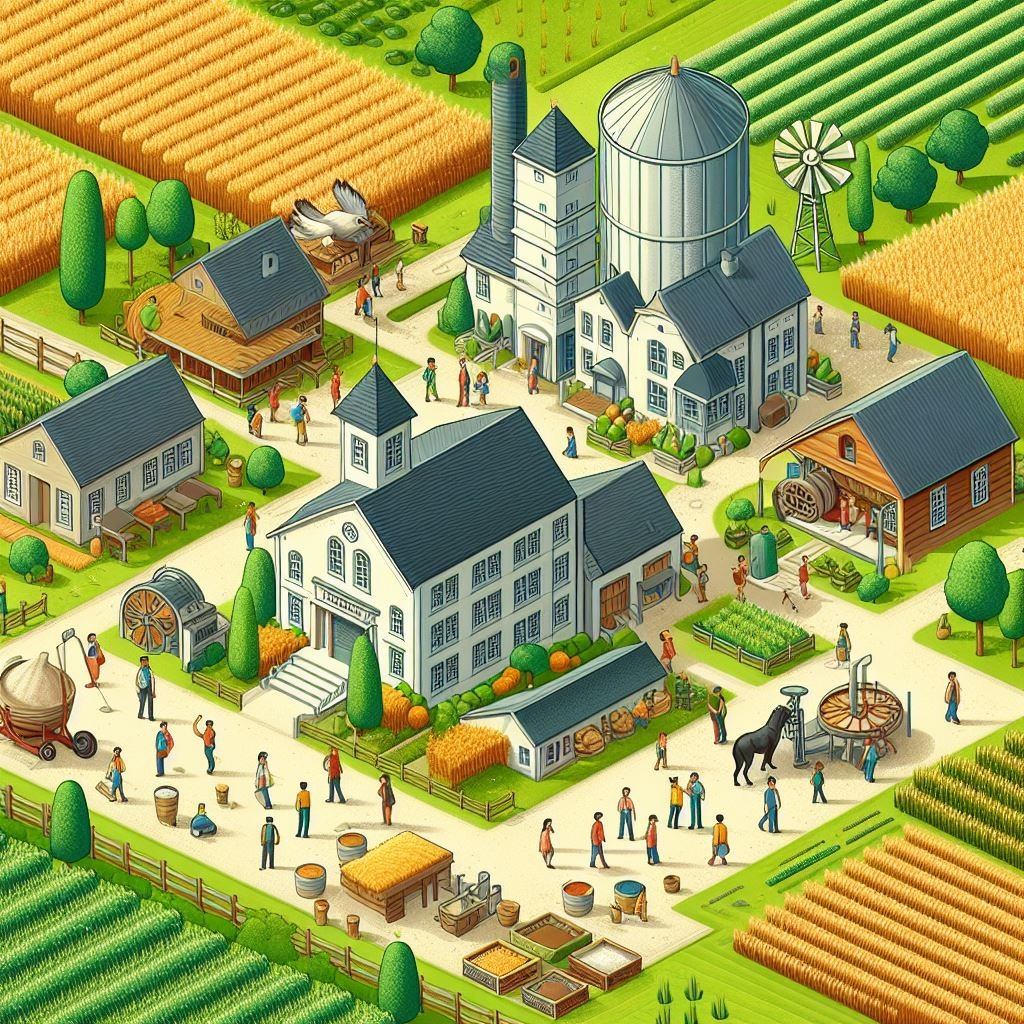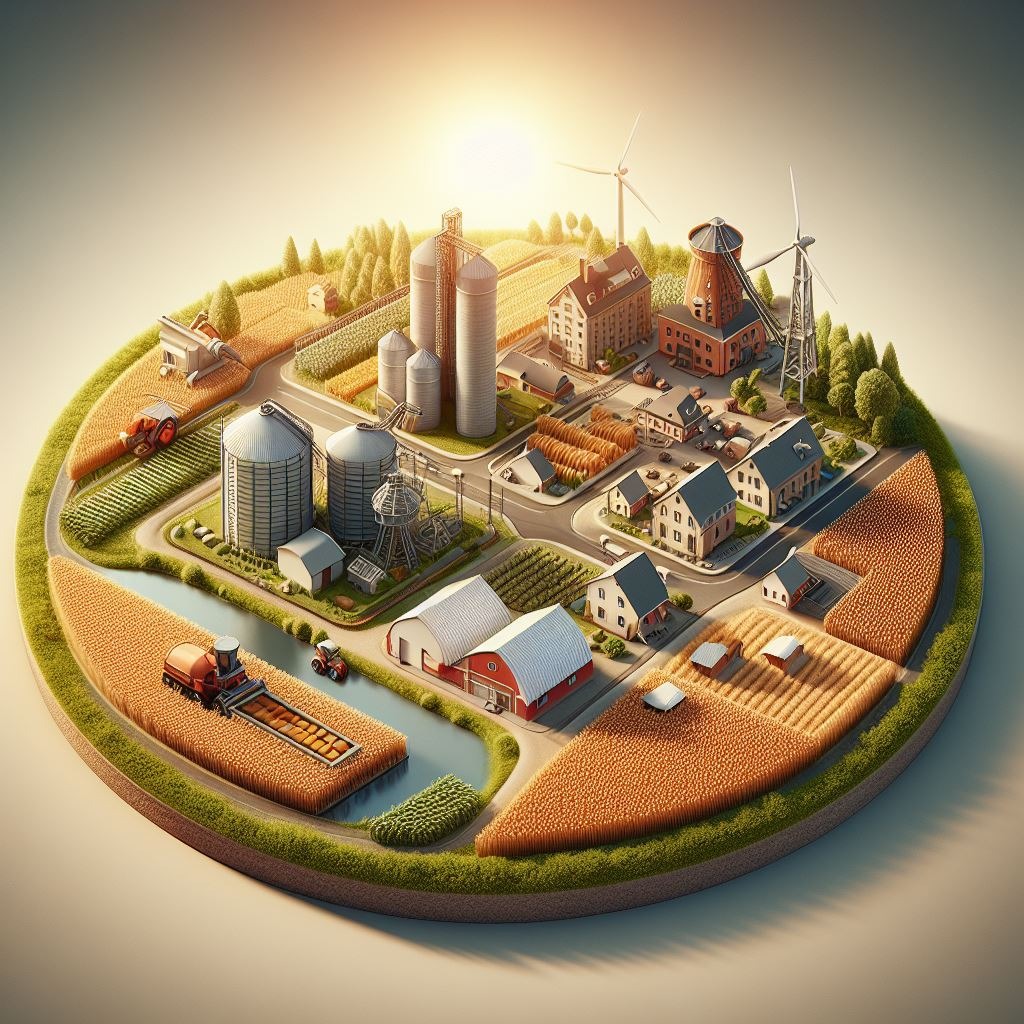Balji Yu.A., PhD, Acting Professor of the Department of Veterinary Sanitation, S. Seifullin Kazakh Agrotechnical Research University
For the development of the state and all its industries, it has always been considered that the first priority is the development of agriculture, ensuring the independence and food security of the country. Universities are of particular importance in this regard, serving as talent incubators and producers of intellectual products.
Today, agricultural universities do not always meet the world standards for training highly qualified specialists (and in some areas, they are far from meeting them). Of course, there are many problems associated with the further employment of graduates, with the well-known working conditions in rural areas (or rather, the lack thereof), low salaries for specialists in agriculture, insufficient funding for universities, and agrarian science in general, etc. All of this affects the prestige of agricultural specialties and universities. Therefore, it is necessary to address all these issues in the very near future.
Undoubtedly, the prestige of agricultural universities must be raised (the status of scientists is also a separate issue).
A similar model was in place in the Soviet era, when each agro-university had its own state farms, collective farms, animal and poultry farms, as well as meat processing plants, etc. (for your information, in Kazakhstan the number of animals still has not reached the level of 1990).
Therefore, the main idea is that universities should have the most modern buildings, laboratories, workshops, and equipment so that producers can come to the university for internships and then implement the same technologies at their own facilities, rather than the current situation where students go to the production sites for practical training and learn modern technologies there.
It is very important for universities to have their own infrastructure, providing everything necessary for a modern educational process, scientific research, and self-sufficiency (education - science - production).
In short, here is what an agricultural university needs (of course, this list can and should be supplemented and expanded):
Fields - practical training for agronomic, technical, and land management faculties. Products: cereals, vegetables, and other crops, feed for animals.
Flour mill - practical training for technical and technological faculties. Products: flour, grain by-products, bran, and others.
Oil mill - practical training for technical and technological faculties. Products: sunflower oil, linseed oil, rapeseed oil, cake for animal feed.
Compound feed mill - practical training for technological and zootechnical faculties. Products: compound feed for agriculture and domestic animals, poultry, and fish.
Mechanical workshop - practical training for technical and energy faculties. Products: technical devices, assemblies, machines, providing services for repairing equipment and manufacturing technical products, making beehives, and other goods for beekeeping.
Farm (animals, poultry, fish, bees) - practical training for veterinary and zootechnical faculties. Products: meat, milk, fish, honey, and others.
Veterinary clinic with a veterinary pharmacy - practical training for the veterinary faculty. Products: outsourcing services for farms and individuals, veterinary drugs and feed additives of own production, emergency mobile veterinary assistance.
Dairy plant - practical training for technological, zootechnical, and veterinary faculties. Products: drinking milk, dairy products.
Meat processing plant - practical training for veterinary, technological, and zootechnical faculties. Products: sausages and meat products, animal slaughter services for individuals, conducting veterinary-sanitary expertise and issuing documentation for market sales, skins, fur, offal, and others.
Economic, energy, and other faculties are involved in all structural directions.
Universities should have high-level publications (journals) included in international rating databases. They should have their own printing house providing the educational process and science with high-quality products.
Libraries, in addition to educational and methodological literature, should have full access to international scientific, educational, regulatory, patent databases, such as WoS, Scopus, WIPO, and others.
Such a structure will not only provide an educational process, a production testing platform for scientific experiments (correspondingly, orders from manufacturers for research), but will also provide full autonomy in food products for students and staff, as well as additional profit to increase employee salaries and develop infrastructure. In dining facilities, there will be acceptable prices (some products will be free), teachers and students will be able to purchase food products at reduced prices.
The model will not allow the university (or faculties) to be located in the city, so they must be outside its limits (as in European countries). It is possible to create a campus based on an existing large farm, such as in the Akmola region with the farm "Rodina", or to create a new campus and develop infrastructure from scratch, which is more challenging but more effective for the country's economic development.

